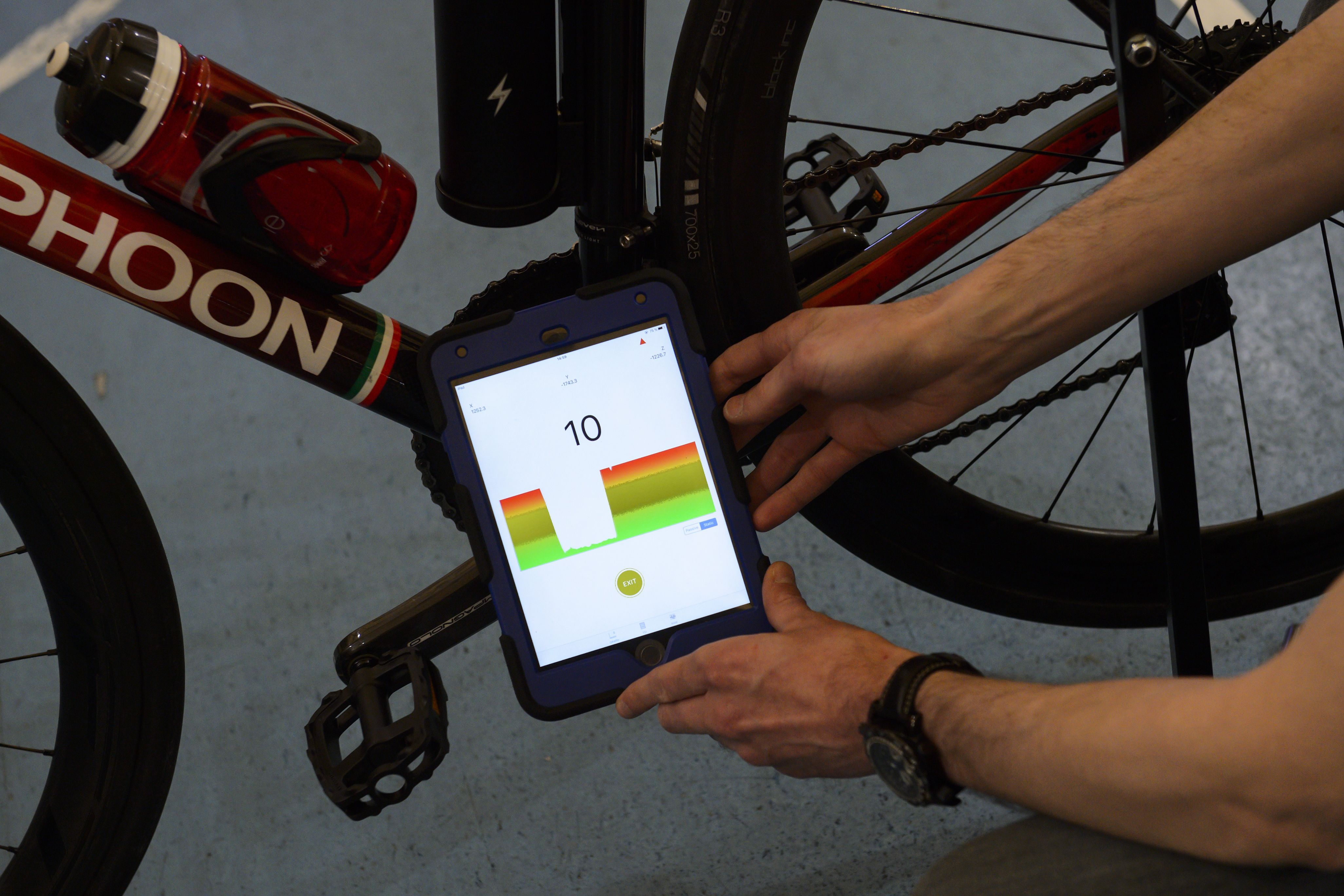
People with information about potential motor doping in cycling can now receive a financial reward from the UCI, after the world governing body stepped up its efforts in combatting the risk that it described as posing “a significant threat… to the integrity standards of the sport.”
Technological fraud, the act of propelling a bike “by a system or method with electric or other assistance”, has been a spectre hanging over cycling for the past two decades, with the UCI’s president David Lappartient telling the Ghost in the Machine podcast earlier this year that “if we have a case of cheating with a motor in a bike, it will destroy our sport.”
Belgian cyclocross rider Femke van den Driessche remains the only rider to have ever been sanctioned for motor doping, but Cycling Weekly understands that the most senior figures at the UCI are deeply concerned that the practice may still be ongoing. Lappartient vowed that “if we need to catch one of the top riders in the world, I am not afraid of that.”
Effective immediately, the Fight against Technological Fraud Rewards Programme “aims to encourage individuals who may possess critical information but are reluctant to come forward, thereby providing an additional tool for the UCI to address serious attempts to defraud the cycling community,” a statement from the Switzerland-based federation read.
It is hoped that the offer of a financial reward will incentivise people to give information who otherwise may not feel comfortable doing so.
The UCI added that it will investigate current and historical cases. Most allegations surrounding motor doping relate to the early 2010s, but all riders accused have consistently denied that they ever used motor technology.
Currently, the UCI has multiple methods to detect potential technological fraud, including two types of X-ray machines and a magnetic iPad scanner. No case of motor doping has been found since Van den Driessche in 2016.
Setting out its guidelines in the programme that first came to light at the start of the 2024 Tour de France, the UCI said that “the programme aims at incentivising reporting through financial rewards or other forms of compensation through confidential channels.”
Any information provided will be assessed by the UCI to determine its quality and reliability, with targeted testing and in-depth investigations to follow if required. Should the information lead towards the detection or prevention of technological fraud, the informant will be entitled to either material support, financial assistance, or monetary or value reward.
In May, the UCI appointed former criminal investigator Nick Raudenski to oversee its department in charge of preventing motor doping, and the American told the Ghost in the Machine podcast of his concern that authorities are unaware of the potential methods of concealed motors.
“I think the technology is out there," he said. "I think it exists and I think if there is enough money to throw at a problem or a situation, then there is enough money to provide a solution that will likely not be so easy to detect."
The UCI’s statement echoed Raudenski’s fears, stating that a further aim of the program is provide them with the knowledge and opportunity “to detect, deter and investigate potential cases of technological fraud or attempts to defraud cycling events through the use of new and innovative – and hard to detect – technology in bikes.”
People can provide information via the UCI’s confidential SpeakUp platform, and also to a dedicated email: techfraud@uci.ch.







